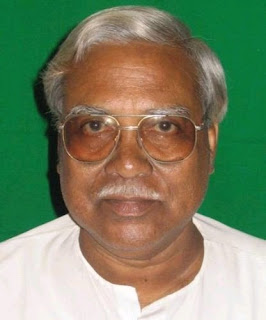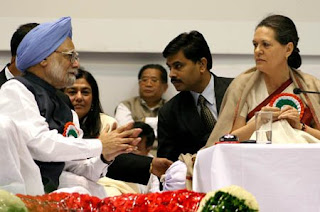A Mollah of the have-nots
If you see him moving around in the backseat of a bicycle, would you not stop to think how an MP does this, despite so many terms in Parliament? But for Hannan Mollah, that is routine, and it is invariably his secretary, Gautam Purakayastha who pedals the bicycle.
 Ask people in his constituency Chengail, a small town in Howrah, West Bengal, and even opposition politicians say, “Hannan-da hasn’t changed one bit.”
Ask people in his constituency Chengail, a small town in Howrah, West Bengal, and even opposition politicians say, “Hannan-da hasn’t changed one bit.”Mollah visits his constituency at least once in two months. And he stays in the same dilapidated house, squats on the grass smoking his bidi with workers and farmers. A local teacher, Samudrajhinuk Bandyopadhyay, whose uncle taught Mollah at Uluberia College, says: “My uncle is full of praise for Hannan-da. And we too love him for his down-to-earth approach”. And for the zari workers, who originate from here and fan out across the country, he is God. Whenever they are in trouble, “Hannan-da is the saviour,” said Mohammad Hannan, a zari shop owner.
“If a poor zari worker passes away anywhere in the country, Hannan-da makes sure his body will reach home at the earliest,” said Akram Mohammad, Hannan’s relative. Most of his Area Development Fund finds its way to local schools. “He has helped about 700 schools in the area,” said Shamshuddin, a madrasa teacher. However, Mollah helps only registered madrasas genuinely devoted to help children grow up. No wonder he recommended financial help for Rajkhola madrasa, despite it being under his political rival....Continue
Labels: Hannan Mollah, West bengal




